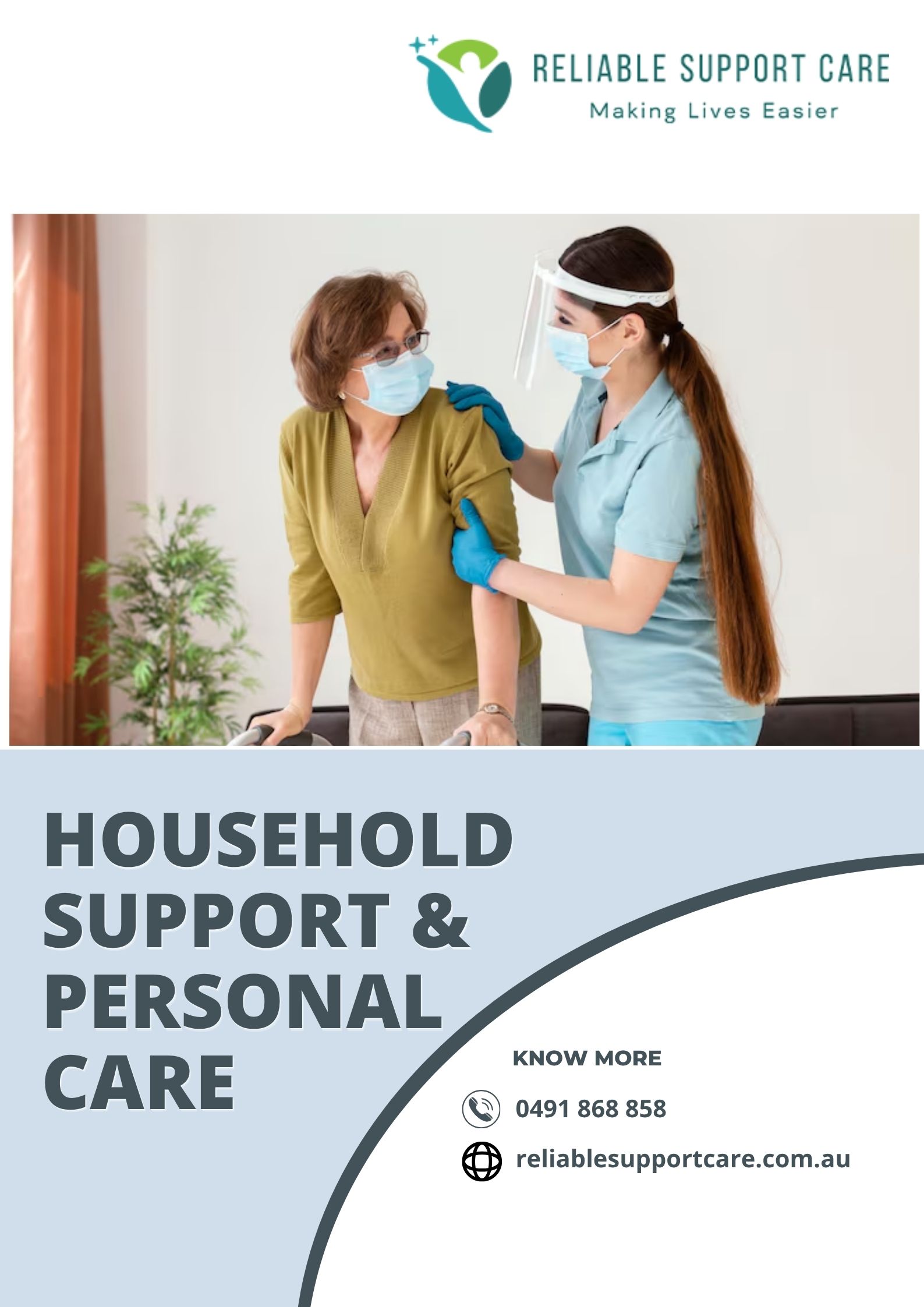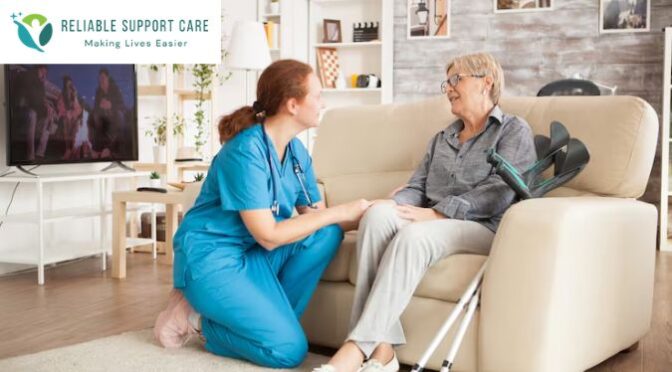For many participants, receiving help with household tasks in Broadmeadows is not only about maintaining a tidy home but also about ensuring comfort, safety, and wellbeing. Household task support and personal care needs often go hand in hand, as both are essential for independent and dignified living. Understanding this connection helps participants and families make better use of available supports under the NDIS.
Why Household Tasks Matter
Household chores might seem small, but they can be overwhelming for someone living with mobility challenges, health conditions, or disability. These tasks form the foundation of a comfortable home environment. When combined with in-home support services, participants can focus more on their health, wellbeing, and overall quality of life.
Common household tasks include:
Meal prep help: planning, cooking, or assisting with food preparation.
Light housekeeping: cleaning, laundry, vacuuming, and dishwashing.
Shopping support: ensuring access to groceries and essentials.
Daily organisation: managing schedules and maintaining a safe living space.
The Link Between Household Tasks and Personal Care
Household task support is closely tied to personal care because:
-
A Clean Home Promotes Better Health
Living in a clutter-free, sanitised environment reduces the risk of infections, accidents, and stress. Clean bedding, fresh clothes, and a hygienic kitchen directly support personal health and self-care routines.
-
Nutrition and Daily Living Assistance
Cooking and preparing healthy meals is often a challenge for participants. Meal prep help ensures access to proper nutrition, which is vital for energy, medication schedules, and physical wellbeing. This blends seamlessly with personal care by supporting dietary needs and maintaining overall health.
-
Reducing Dependence on Family
Household tasks combined with personal assistance allow participants to live more independently. Instead of relying solely on family members, they gain dignity and autonomy, which is a cornerstone of both household and personal care support.
-
Building Skills for Independent Living
Through structured support, participants can learn or re-learn essential daily tasks such as laundry, cooking, and safe cleaning methods. This skill-building empowers them to manage both household duties and personal care more confidently.

NDIS Support in Action
Under the NDIS, supports are designed to cover both household tasks and personal care needs. For example, NDIS household task in Williamstown may involve a support worker assisting with laundry while also helping the participant dress, groom, or manage their morning routine. This integration ensures care feels seamless, rather than fragmented.
By combining these supports, participants often experience:
- Greater consistency in their routines.
- Improved confidence in managing day-to-day life.
- Stronger focus on overall wellbeing.
Everyday Scenarios of Combined Support
Here are some real-world situations where household task support naturally connects with personal care:
- Morning Routine: A support worker helps with dressing and grooming, then prepares breakfast to start the day right.
- Laundry and Hygiene: Clean clothes are prepared through light housekeeping, making it easier for participants to maintain personal hygiene and dignity.
- Meal Preparation and Medication: A support worker assists with cooking meals and ensures food aligns with dietary or medical needs.
- Safe Living Environment: Regular cleaning prevents hazards like slips, ensuring participants remain safe while moving around their home.
Conclusion
Household tasks and personal care are interwoven aspects of independent living. Together, they create a supportive environment where participants can thrive, maintain their health, and enjoy more freedom in daily life. Whether it’s household tasks in Kensington or personal assistance with grooming, both services work in unison to enhance wellbeing and dignity.
Looking for Reliable Support with Daily Living?
Get in touch with Reliable Support Care’s friendly team today at 0491 868 858 and discover how we can help you live more independently and confidently.

 Mobile :
Mobile : 


